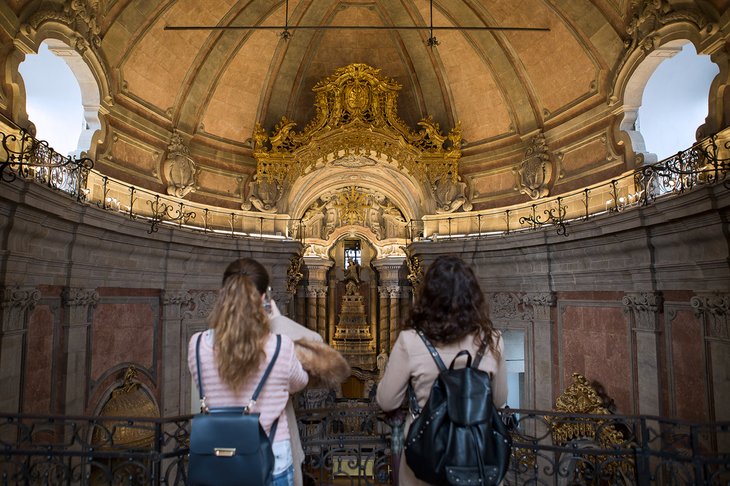Municipality and University of Porto open Cultural Corridor for students' access to art
Article

Filipa Brito
Porto’s cultural corridor is open to allow the access of university students to museums, theatres, and concert halls with special conditions. Result of a partnership between Porto City Hall, Porto University and other institutions, the initiative aims to bring the academic community to know cultural spaces and watch shows within the Porto Metropolitan Area (AMP).
The complete list includes, in a first phase, 50 institutions of 13 municipalities of AMP. In Porto, students can enjoy 50% discount on shows in theatres such as Rivoli, Campo Alegre, S. João and Carlos Alberto, the exhibitions in museums such as Serralves, Carro Elétrico and Militar or the productions at Coliseu.
Those who have the Porto University card have free entry to the institution’s museum, as well as to the Museu da Cidade, and the Centro Hospitalar Universitário. The Cultural Corridor also offers special conditions to visit the Puppet, Sacred Art and Archeology, Pharmacy, Misericórdia and Futebol Clube do Porto museums, as well as monuments such as Palácio da Bolsa, Porto Cathedral or Clérigos Tower.
The benefits are to be enjoyed by “all the University students, from public or private institutions, of all countries covered by Erasmus + agreements – including the international ones (degree or mobility) and all new students who have just entered University.”
In the future, the Cultural Corridor shall open horizons and become, first national and then European. “The goal is to allow all European university students, regardless of their country of origin, to enjoy a European cultural corridor that includes museums and theatres”, says the U.Porto.
The institution underscores that the initiative “consolidates the commitment to create equal opportunities for all university students in accessing art, culture and heritage”. The goal is “to place culture at the centre of the University and collective life, hence the commitment to create competent audiences, capable of enjoying the artistic expressions they will have access to”, says Fátima Vieira, vice-rector responsible for culture at U.Porto.